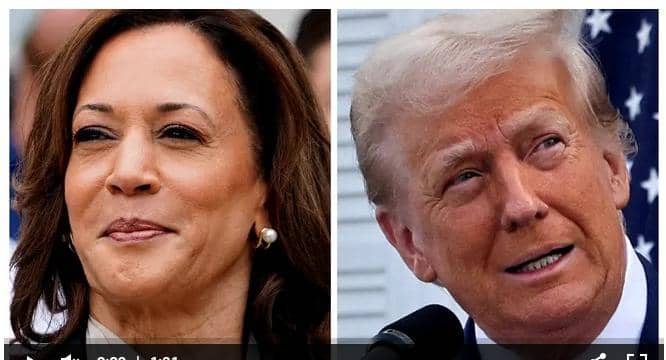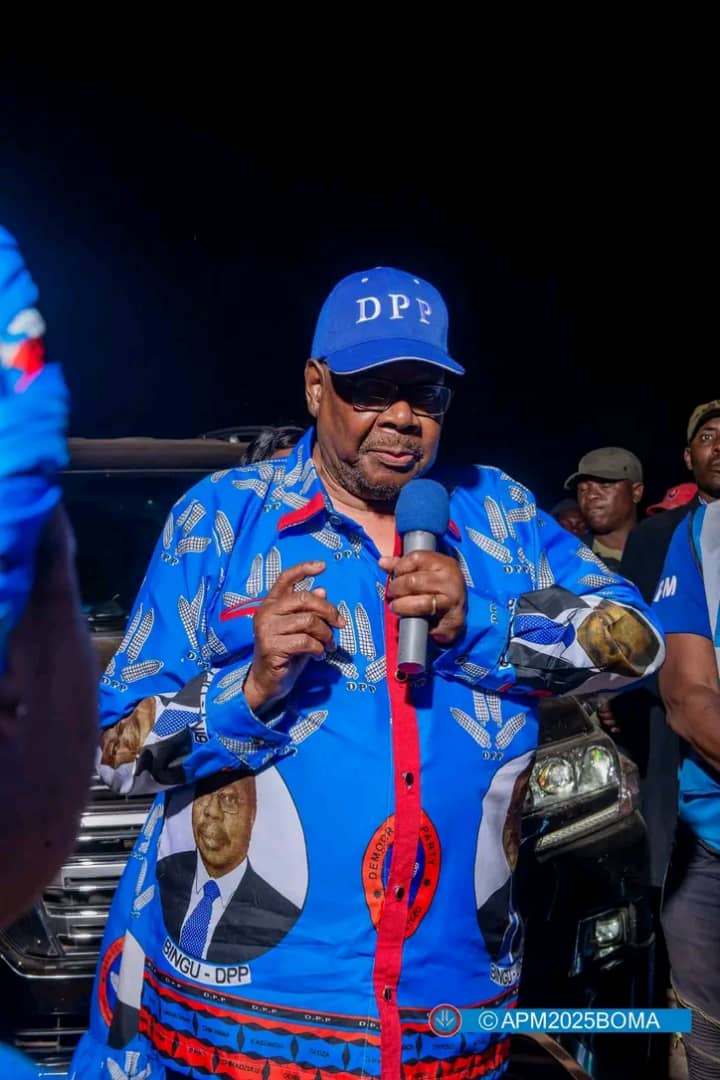The 2024 election cycle is increasingly dynamic, marked by legal challenges facing former President Donald Trump and a heightened focus on Michigan as a crucial battleground state. The recent unsealing of court documents related to Trump’s ongoing legal troubles comes at a critical juncture, as candidates from both parties intensify their campaigns to win over voters in a state that played a pivotal role in the last presidential election.
Unsealed court documents: Implications for Trump
The unsealed court documents reveal significant information regarding Trump’s business practices and his interactions with officials, potentially impacting his standing in the Republican primary. These documents may serve as a double-edged sword:
1) Trump’s supporters often frame his legal issues as politically motivated attacks, designed to undermine his candidacy. The newly released documents may reinforce this narrative, rallying his base around the idea that he is a victim of a corrupt political system. This could energize his supporters, driving voter turnout among his loyalists who view the charges as part of a broader scheme to thwart his return to power.
2) Conversely, the revelations could alienate moderate Republicans and undecided voters who may be wary of Trump’s legal troubles. As the GOP attempts to broaden its appeal beyond its core base, any association with legal controversies could complicate these efforts, potentially hindering Trump’s ability to unify the party.
3) The implications of the court documents extend beyond Trump personally; they could set a precedent for how legal issues affect political candidates in future elections. The extent to which these documents resonate with voters will inform how future candidates navigate similar challenges.
Michigan: The key battleground state
As candidates gear up for the primaries, Michigan has emerged as a focal point due to its electoral significance and historical context. The state’s diverse demographics and recent political shifts make it essential for both parties’ strategies.
1) President Biden’s administration has been proactive in promoting policies that resonate with Michigan voters, particularly in the areas of economic recovery and green energy initiatives. His focus on creating jobs in the electric vehicle sector aligns with Michigan’s automotive heritage, aiming to bolster support in a state still grappling with economic challenges.
2) On the Republican side, candidates are exploiting local economic issues, such as inflation and job losses, to critique Biden’s administration. They are emphasizing the need for a change in leadership, hoping to capitalize on any dissatisfaction with the current administration. By connecting with voters on everyday issues, they aim to regain traction in a state that has seen Democratic gains in recent years.
Voter engagement and mobilization
Both parties are ramping up voter engagement efforts in Michigan, recognizing the importance of grassroots mobilization. Town halls, community forums, and targeted outreach are critical as candidates seek to build connections with voters. The approach taken by each party could significantly influence turnout, particularly in a state where margins are often razor-thin.
Conclusion: The road ahead
The intersection of Trump’s legal challenges and the focus on Michigan creates a complex narrative for the 2024 election. As candidates navigate this evolving landscape, the implications of the unsealed court documents will likely reverberate through the electoral cycle, shaping voter perceptions and influencing campaign strategies.
Michigan’s role as a battleground state will be paramount, with both parties recognizing that winning over its diverse electorate could be crucial for securing victory in 2024. As the primaries approach, how candidates respond to the legal and political developments surrounding Trump, alongside their strategies for engagement in Michigan, will ultimately determine the dynamics of the race ahead. The unfolding events will not only impact individual candidates but also shape the broader narrative of the election, testing the resilience of party loyalty and voter trust in the democratic process.



